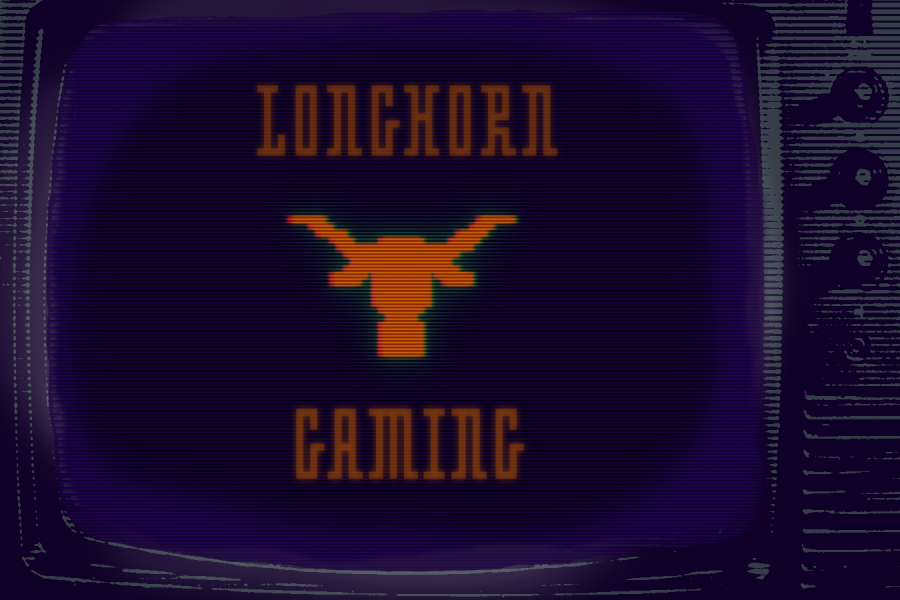UT should better support esports programs
April 5, 2022
Just ten years ago, the idea of esports was a joke. The scene started off as a series of local tournaments held for gamers to compete for small prizes. No one thought that audiences could take video gaming seriously.
Today tournaments are held nationally, with millions of dollars at stake. With annual revenues of $1.1 billion, annual growth of 15.7%, and a current community of around 250 million people, this industry is already competing with leagues such as the NBA, MLB and NFL. Esports has become a topic that is taken seriously and has garnered the attention of millions of fans, investors and colleges throughout the nation.
UT should capitalize and grow the esports scene on campus by providing dedicated full-time esports staff to help organize events and support students within the community.
Colleges such as University of Texas at Dallas, University of California at Irvine and Maryville University have already capitalized on this rapidly growing industry by investing thousands of dollars into their esports programs in the form of stadiums, scholarships and dedicated staff. However, UT has yet to show this degree of support to its very own Longhorn Gaming.
Longhorn Gaming serves as the premiere organization for esports at UT, providing UT gamers strong community and a variety of esports events. UT has a unique opportunity to invest and support their growing community and industry. While they have shown support by officially recognizing the organization, providing funding and holding events occasionally, UT could do much more.
Daniel Killough, a third-year computer science major and president of Longhorn Gaming, described his wishes for UT’s esports scene.
“Our faculty advisors have been wonderful helping us. … The problem with that is … being full time students … it’s a full time job on top of it,” Killough said. “I feel like we need at least some staff support to run the organization and that’s independent from esports classes.”
In the past few years, Longhorn Gaming has accomplished leaps and bounds in building this community at UT. However, as Killough has stated, both officers and financial advisors are still limited by their schedules, balancing personal, work and student life with their work for the community.
By providing dedicated full-time staff for Longhorn Gaming, students and advisors such as Killough can undergo much more overall growth without the pressure of trying to balance community and personal life.
James Buckley, director of facilities and operations for University Unions, provided some insight into what obstacles prevent UT staff from providing full-time staff.
“This is a new operation, a new venture,” Buckley said. “It’s not a remodel, it’s not something that’s a standalone. There’s equipment, there’s a lot of hands-on work that has to occur from an IT standpoint, from a support standpoint, from just a general day to day operating standpoint.”
Because this is a completely new undertaking, it’s understandably challenging. However, what can make this process easier is considering working directly with other universities who have successful esports programs. It’s not uncommon to see universities cooperating with one another on community projects, and a school such as UT Dallas, which has already implemented a full-time esports staff, would be a great candidate.
One of the great things about gaming is its level of inclusion. The only limiting factor is owning a computer, and with UT’s help in building a dedicated gaming space, any UT student could take part in this active community.
UT has a unique chance to invest in this diverse, inclusive field, yet it is currently letting it dissipate before its eyes. UT should provide a dedicated staff to help organize events and support students within the esports community.
Michael Zhang is an undeclared PACE freshman from Katy, Texas.











